HOMEOPATHIC MEDICINE
Homeopathy, or Homeopathic Medicine, is the practice of medicine that embraces a holistic, natural approach to the treatment of the sick. Homeopathy is holistic because it treats the person as a whole, rather than focusing on a diseased part or a labeled sickness. Homeopathy is natural because its remedies are produced according to the U.S. FDA-recognized Homeopathic Pharmacopoeia of the United States from natural sources, whether vegetable, mineral, or animal in nature.
The word Homeopathy, which comes from the Greek, through Latin into English, literally means “like disease”. This means that the medicine given is like the disease that the person is expressing, in his totality, not like a specific disease category or medical diagnosis.
There are two main categories of treatment in Homeopathic Medicine; i.e., acute and chronic. Acute treatment is for illness of recent onset; it may be self-limited (for example, the common cold), or it may progress if not treated (for example, pneumonia). In such an illness the body might overcome the illness, a cold for example, sooner or later, but the appropriate medicine gently stimulates the body to recover more quickly and efficiently.
Chronic or constitutional treatment is the other main category of treatment. A chronic disease is long standing or a recurrent health problem. The length of treatment and the challenge to achieve positive results is affected by many factors, including the nature of the problem, the early health history, the family medical history, the previous treatment, and the person’s inherent constitutional strength. The goal is to help the person to return to a state of well-being through individualized homeopathic treatment.
